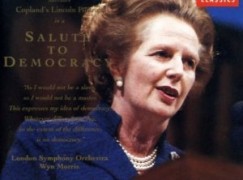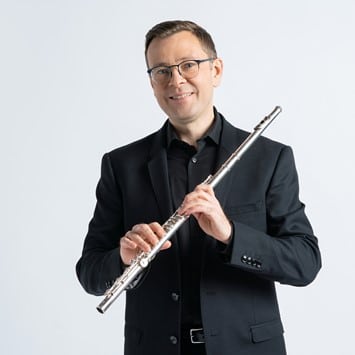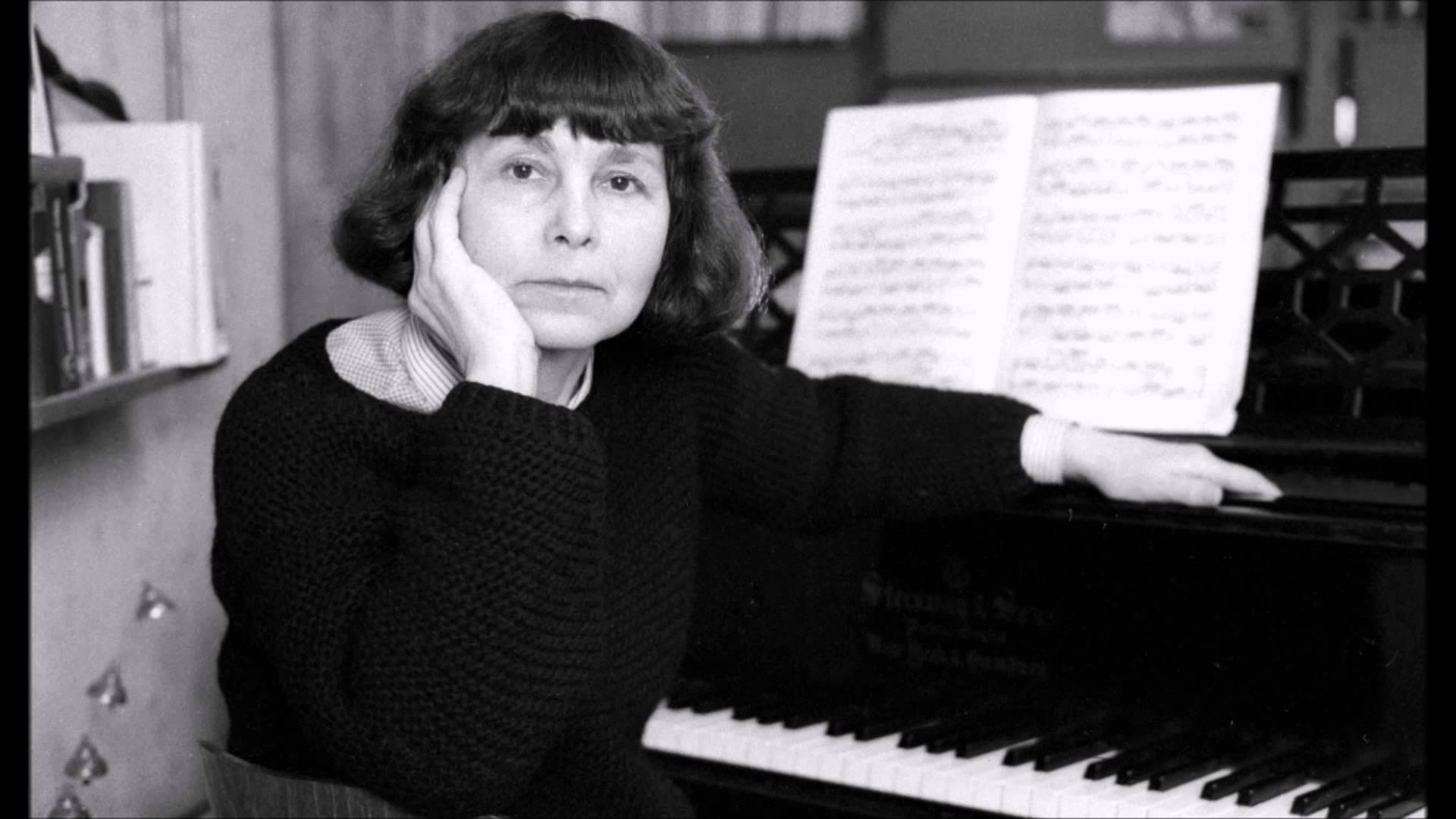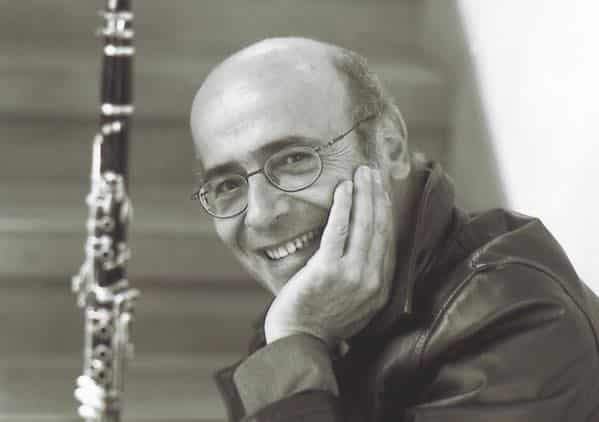The day the Arts Council became an enemy of opera
OperaAnother extract from Opera for All, Julia Glesner’s vivid new biography of Peter Jonas:
With William Rees-Mogg as Chairman of the Arts Council, this changed fundamentally. This former editor of The Times was a confidant of Thatcher and was in post from 1982 to 1988. Like Thatcher, he felt that ‘cultural types were paid too much money, were lazy anyway, just reds under the bed,’ Jonas commented. He met Rees-Mogg on his inaugural visit, when Lord Harewood accompanied him.‘Chosen advocates? They are our chosen enemies!’ Jonas said indignantly after the meeting.
Lord Harewood was also shocked by the hostile atmosphere, which he had never experienced before. Rees-Mogg had talked only about cuts and how everything had to change. Harewood was happy to retire. The climate had definitely changed. It was now confrontational instead of cooperative.
‘I liked Mrs Thatcher,’ Jonas said, ‘but I disapproved of her policies. With her, you knew where you stood: she was an enemy whom one could respect. The fronts were clear. I couldn’t stand Rees-Mogg at all. He should have been our advocate, but instead he was an instrument of the government. Keynes’s arm had been amputated!’ Jonas was also outraged by the Rees-Mogg’s son Jacob, who advocated a hard Brexit. Following Brexit had been especially difficult for Jonas.
Rees-Mogg senior was not the only new appointment after Thatcher’s second victory in 1983. The new Secretary General of the Arts Council was Luke Rittner, who held the post until 1990. When Jonas introduced himself in the winter of 1984, Rittner launched into a long and uninterrupted monologue about why a city like London did not need two opera houses. The whole thing seemed like an anticipation of the situation in Berlin in the 1990s, when Jonas, in his capacity as chairman of the Opera Conference, advocated for the preservation of all Berlin’s opera houses. Then, too, Jonas is said to have banged his fist on the table, cementing a reputation as a potential troublemaker.
***
1989 was also the year in which Jonas took advantage of a tiny, never-acknowledged mistake by Thatcher to make ENO the first foreign opera company of distinction to tour the Soviet Union. Jonas didn’t need to do much about it, he just made a phone call and had a meeting with Thatcher. But the enterprise wouldn’t have worked without his chutzpah.
During a meeting with Gorbachev in 1989, Thatcher had strayed from her notes and improvised on the new bond between the two countries and the ‘British Week’ to be held in Kiev and Moscow the following year. England would send the best of everything, the National Ballet and ‘our English National Opera’, Thatcher is reported to have said.
The transcript of the speech was never published, but the newspapers reported on it – and Jonas received calls from journalists who wanted him to confirm the news of the ENO tour. ‘Thatcher didn’t know her way around the cultural scene,’ says Jonas. ‘I suspect to this day that she mixed us up with the Royal Opera House.’
He knew what to do: he thanked Thatcher for her confidence and accepted the task. Thatcher’s office allowed him twenty minutes with the Prime Minister and he was briefed: he had to be quick and present a paper. This was a pushover for Jonas. ‘Clever as she was, Thatcher admitted nothing and promised to find the money for the tour. And at a time when she was cutting back wherever she could!’ Thatcher
kept her promise,






Comments